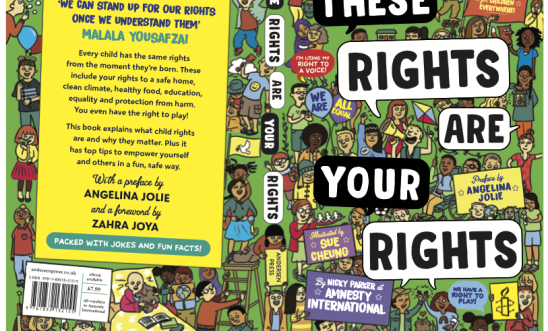
These Rights Are Your Rights: An empowering guide for children everywhere

Guest blog written by Nicky Parker*, Amnesty author of These Rights Are Your Rights, illustrated by Sue Cheung
“My mother made me some boy's clothes and I walked with my uncles to their school and when I got there I pretended I was a boy called Mohammad" – Zahra Joya, who grew up under the Taliban.
The language of laws and rights is complex, sometimes impenetrable. It’s in our interests to know about our rights, but – ironically – we may be excluded by the very language that’s there to make our lives better.
If it’s hard for adults to understand, imagine how much harder it is for children. Yet children have rights too. Knowing them would help children look after themselves and each other.
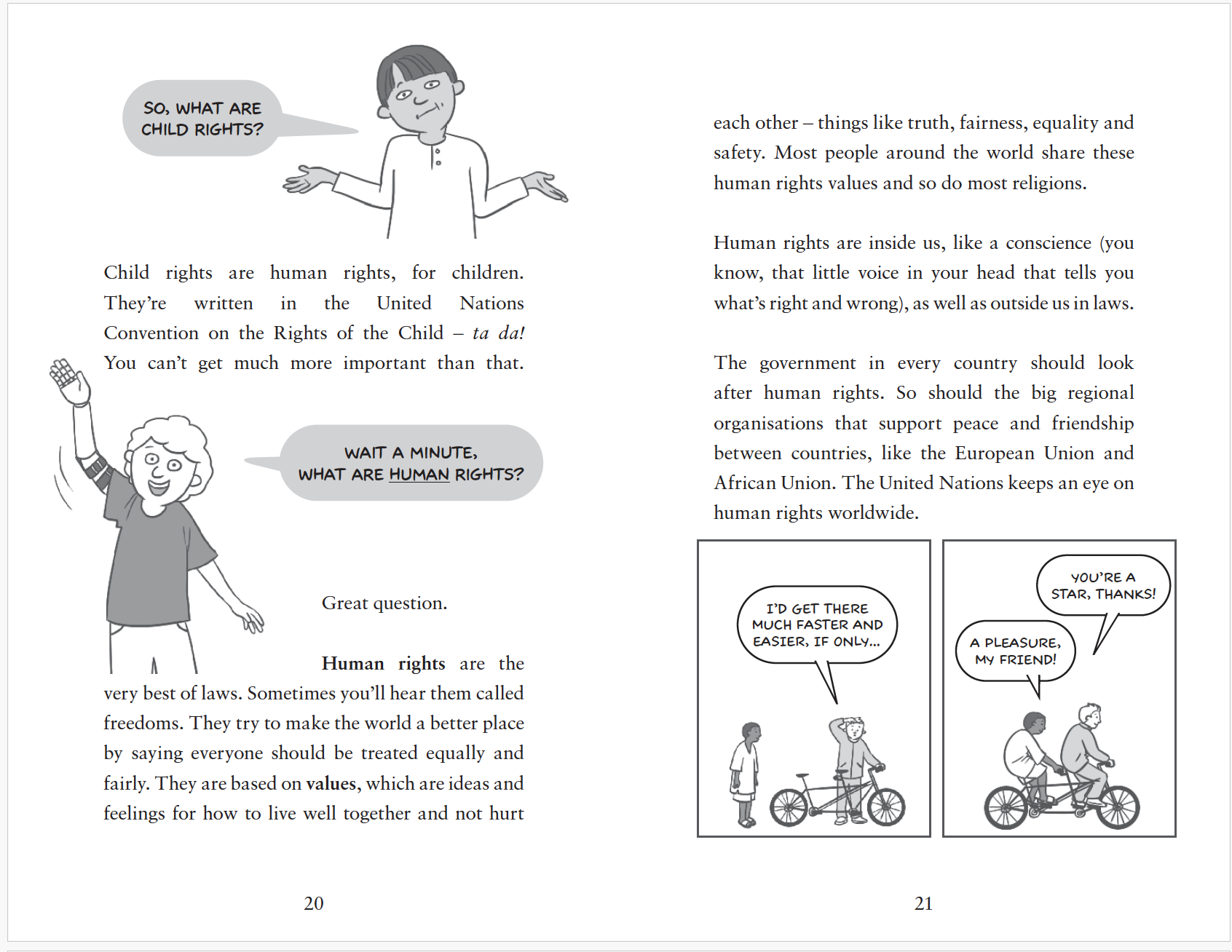
Why do child rights matter?
Children’s experiences vary hugely, but from the moment they’re born, every child everywhere (all 2.3 billion) should benefit from the treasure trove that is the 1989 UN Convention on the Rights of the Child. Designed for children to enjoy the best possible childhood, it includes rights to education, play, equality and protection from harm. Today it's worth knowing that child rights apply online just as much as offline.
There are, of course, far too many gaps between ideals and reality – think of the horrors being inflicted in Gaza, Sudan and Ukraine. But there are abuses in the UK too, like acute child poverty, cyberbullying, mental health problems and child abuse. Children everywhere need to be protected, and that includes empowering them with the tools to stand up for their rights. The first and most important of these tools is knowledge. That’s why it was so important to me to write this book.
‘Think of this as your special book of laws’ - Angelina Jolie
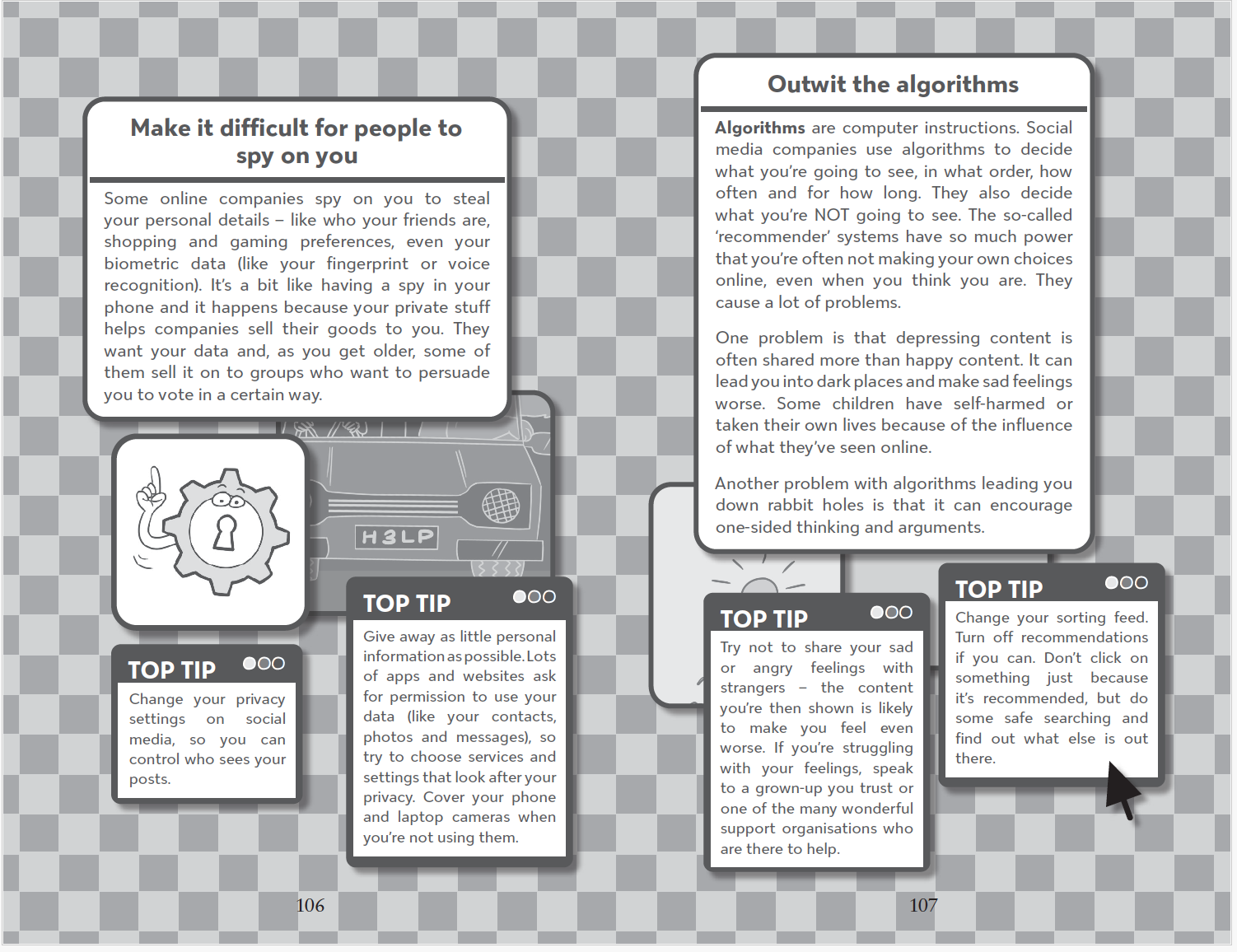
These Rights Are Your Rights explains child rights in simple words and pictures and shows how they apply in the real world. With this book, we want to empower children to know that they have rights, that they’re not alone, that no one has the right to hurt them, and that there are safe (and fun!) ways to stand up for themselves and each other.
In her preface, Angelina Jolie says:
‘Laws get broken all the time, but it is harder for this to happen if we know what they are and what can be done to stop it. That is what this book is about.’
She’s correct. In ratifying the Convention, 196 countries have committed to educate everyone about child rights. It’s not happening. A 2021 YouGov poll found that a massive 83 per cent of UK children aged 8 to 15 know little or nothing about their rights. The trouble is the fewer who know, the fewer who challenge abuses.
In her foreword, Afghan refugee Zahra Joya tells how she dressed as a boy to go to school under the Taliban. She concludes:
‘Every child should be free to enjoy their rights, no matter who they are … I hope my story shows that we can all help make the world a better place by uniting and standing up for each other.’
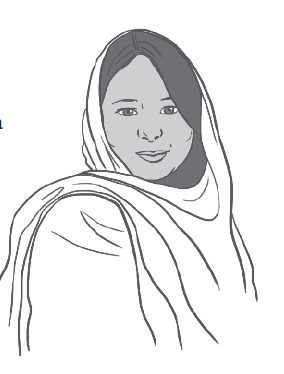
Making the complex simple
These Rights Are Your Rights is for children aged roughly 8 to 12. It’s a follow-up to our book for teenagers, Know Your Rights and Claim Them, co-written by Angelina Jolie, Geraldine Van Bueren (one of the Convention’s original drafters) and me, on behalf of Amnesty.
Together, we distilled the Convention’s 54 Articles into fifteen overarching rights, to help young readers understand and remember. Perhaps the most important thing we did was to uphold children’s participation rights by listening closely to young people all around the world. The Open University helped us with invaluable research into the thoughts and opinions of many more.
This listening process made an enormous difference. Freedom of expression is, in essence, the right to be listened to. It can be a matter of life or death, but it’s also about growing as a person, learning to articulate ideas and respect others’ viewpoints.
Empowerment is mutual
For These Rights Are Your Rights I did more listening to younger children, as the experts on what they needed to see in the book. Big thanks to the school pupils in Italy and Moldova who gave some refreshingly frank feedback on a first draft! I listened, took a deep breath and rewrote it. And I added more of the fun facts that had prompted the Moldovan children to link hands in the playground and see how far they could stretch …
They were 100 per cent right. Their insights have made it a better book.
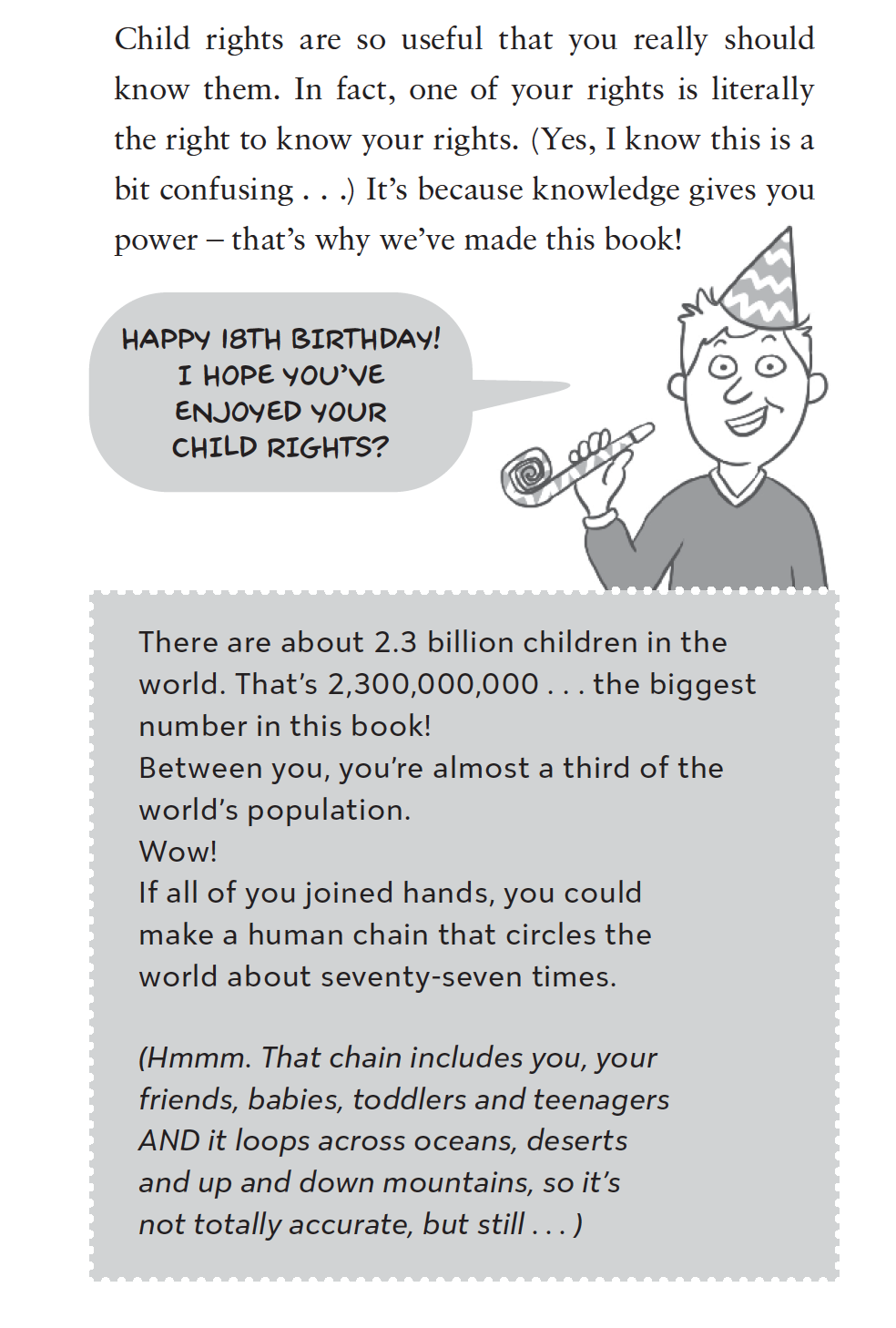
Having fun and the right to play
Mindful of children’s rights to play as well as learn, this book is full of jokes, fun facts and silly laws (also known as ‘not’ child rights), as well as serious information and true stories of amazing children who’ve stood up for their rights. Who knew how charming the Amnesty candle could be?
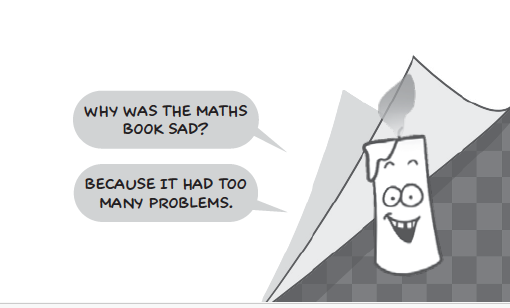
As well as Angelina Jolie’s preface and Zahra Joya’s foreword, there are lots of illustrations and the page design pops with visual wizardry, thanks to the wonderful artist Sue Cheung and publisher Andersen Press. There’s guidance on how to stand up for yourself and others, with top tips including online safety, fact-checking, letter-writing, being creative and public speaking.
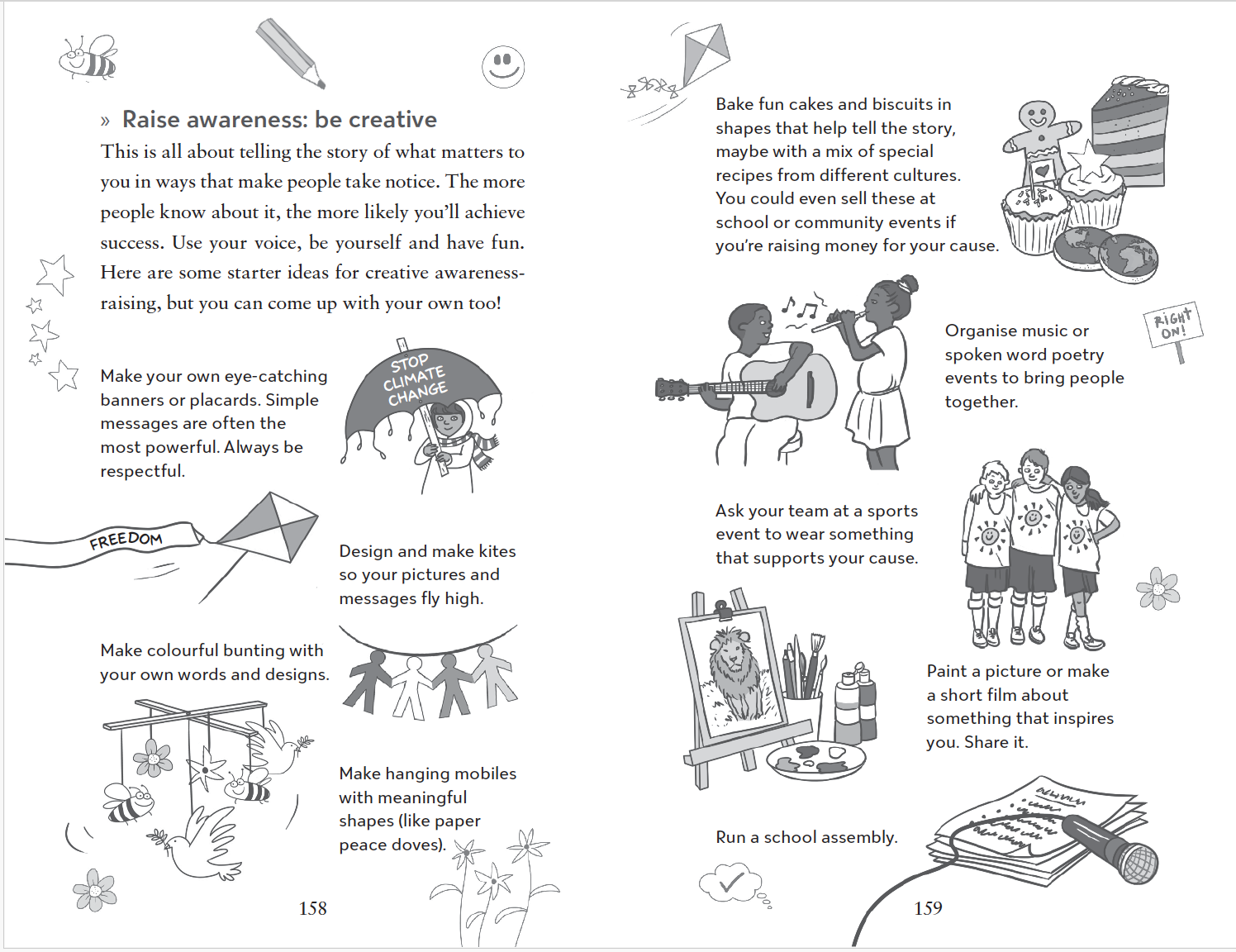
Simple is definitely not simplistic.
What can you do?
1. Buy the book or borrow it from your library, for every child you know. All royalties to Amnesty.
2. Teachers, sign up to Amnesty’s TeachRights for free resources (and encourage others!)
3. Schools, join Unicef’s Rights Respecting Schools programme.
*Nicky Parker is the Amnesty author of These Rights Are Your Rights, and co-wrote Know Your Rights and Claim Them with Angelina Jolie and Geraldine Van Bueren. Find Nicky at Ellenberger.co.uk
Our blogs are written by Amnesty International staff, volunteers and other interested individuals, to encourage debate around human rights issues. They do not necessarily represent the views of Amnesty International.
0 comments